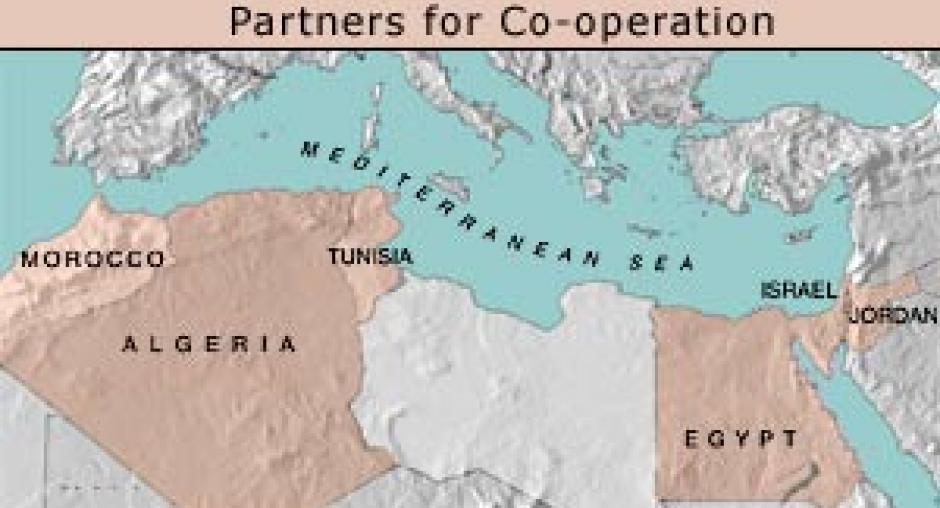OSCE Chairman-in-Office offers expertise to partner states at Mediterranean Seminar

RABAT, Morocco, 8 September 2005 - The OSCE Chairman-in-Office, Slovenian Foreign Minister Dimitrij Rupel, expressed strong support for the OSCE's activities with adjacent regions in his keynote address at the 2005 Mediterranean Seminar.
Opening the 11th annual Mediterranean Seminar of the 55-nation Organization and its six Partners for Co-operation in the region, the Chairman-in-Office said the OSCE could link Europe, North Africa and the Middle East and foster common solutions to mutual challenges.
The current OSCE Mediterranean Partners for Co-operation are Algeria, Egypt, Israel, Jordan, Morocco and Tunisia.
"The OSCE has a great deal to offer," said Minister Rupel. "I believe this expertise should be put at the service of our partners and others who subscribe to our values and are interested in our way of doings things. It is in our interest to share with our friends and neighbours that thirty-year heritage of making Europe a united and more stable continent."
The Chairman-in-Office said migration and integration were key themes for the Slovenian Chairmanship because they represented challenges to the OSCE's classic concept of comprehensive security.
"Many aspects of our work relate to these themes, for example border security and management, tolerance and non-discrimination, national minorities, trafficking, and the economic and environmental dimension," he said.
"Handled properly, migration can be beneficial to all. Handled poorly, it can be the source of tensions, disparities, prejudice, racism, populism and even violence. This is as big a challenge West of Vienna as it is in the Eastern part of the OSCE region."
"These are complex and contentious issues which affect security, social cohesion, human rights and economic development. That is why we need to work together and to search for common solutions," he added.
The two-day seminar brings together senior officials from OSCE participating States, their Mediterranean Partner countries and other international organizations to discuss migration and integration policies.
